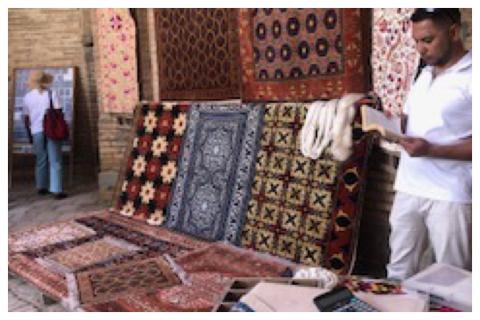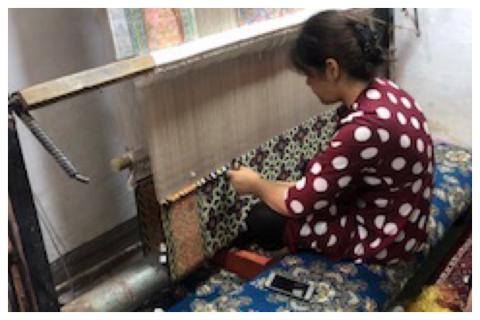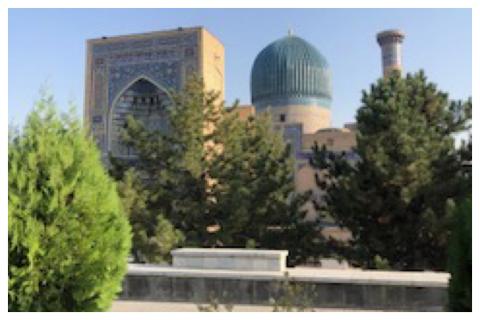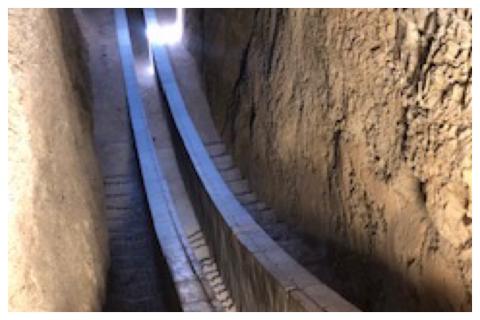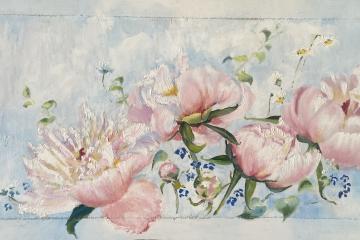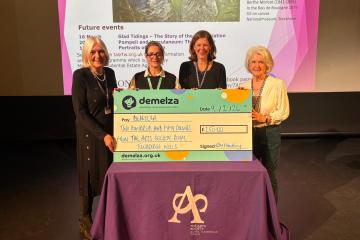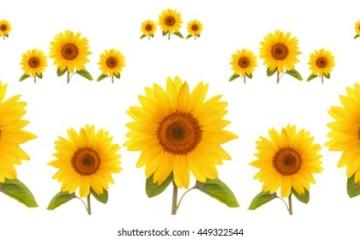The Golden Road To Samarkand
The Golden Road To Samarkand
29 Oct 2024
Many thanks to Arts Society Uckfield Lewes & Newick Member, Mark Molony, for this article based on his recent trip to Uzbekistan and the lovely images.
“Samarkand is a magical, evocative word; like Mesopotamia it is a blessed word, like Chimborazoand Cotopaxi it ‘steals the soul away’.” With these words Wilfrid Blunt, borrowing from Walter J Turner’s popular poem, Romance, opens the Prologue to his splendid history “The Golden Road to Samarkand”. But Samarkand today is much more than an evocative word - it is a bustling modern city, graced with beautiful parks and an overwhelming collection of exquisite historic mosques, madrasas and minarets, busy markets, stalls and shops selling everything from cheap souvenirs to expensive fabrics, pottery to carpets.
And it was the carpets that first attracted me, this Autumn, to the idea of a tour to Uzbekistan: beautiful hand-woven silk carpets of intricate traditional design.
Many Arts Society members will remember a fascinating lecture given several years ago by Christopher Aslan Alexander who, in 1998, went to Uzbekistan to write a guidebook but ended up in Khiva where he started a workshop in which he reintroduced the almost forgotten skills of silk carpet weaving. His book, A Carpet Ride to Khiva, is a compelling read, so compelling indeed that when, last year, my regular travelling companions and I were discussing where we should go next I was surprised and delighted that they leaped at my suggestion of Uzbekistan.
Alexander the Great, Genghis Khan, Tamburlaine (Timur the Lame) and Babur (founder of the Mughal Empire), all figure among a long list of rulers and despots who shaped the country, though for most of its history it only existed as a collection of more-or-less independent khanates, subservient to one or other despot.
Travellers who passed through the area and recorded their impressions included Hsuan-tsang (a fascinating study in his own right), several members of the Polo family and, later, a number of English soldiers, spies and adventurers, some more eccentric than others. The Great Game, the lengthy period of sparring and espionage between Russia and Britain for dominance in the area, saw many episodes played out in what is now Uzbekistan. (In Bukhara we visited the rather gruesome ‘bug pit’ in which the ill-fated Charles Stoddart and later his unsuccessful would-be rescuer Arthur Connolly were incarcerated. Fortunately the pit is no longer infested with scorpions, snakes and other unsavoury cell mates!)
Four cities dominate the visitor’s map of Uzbekistan: Tashkent, the modern capital, Samarkand, Bukhara and Khiva. Each has a unique history to tell, political, religious, intellectual, artistic, architectural, artisanal and scientific. In this last category Ulug Beg, a 15th century ruler of Samarkand, stands out as an enlightened ruler, making Samarkand an intellectual centre and inviting astronomers and mathematicians to study at his madrasa. His particular interest was the study of astronomy to which end he built an enormous observatory of which the sextant still survives as it was buried underground to protect it against earthquakes. With this he and his colleagues were able to make such precise measurements of, for example, the exact length of the year (He was only one minute out!) and the earth’s tilt, that they still stand today.
Uzbekistan may no longer be a dusty backwater on the world map but it has retained much of its romantic charm and attractiveness for the curious traveller.
Images: The workshop started by Aslan Alexander, Silk carpet weaving in the Khiva workshop, Mausoleum of Tamburlaine in Samarkand, Ulug Beg’s sextant
About the Author
Mark Molony
JOIN OUR MAILING LIST
Become an instant expert!
Find out more about the arts by becoming a Supporter of The Arts Society.
For just £20 a year you will receive invitations to exclusive member events and courses, special offers and concessions, our regular newsletter and our beautiful arts magazine, full of news, views, events and artist profiles.
FIND YOUR NEAREST SOCIETY
MORE FEATURES
On Monday 9 February, Sandra Steeves & Elizabeth Harding, co-chairs of The Arts Society Royal Tunbridge Wells, we
The ‘Patients Supporting Patients’ project, led by The Arts Society Macclesfield, i


